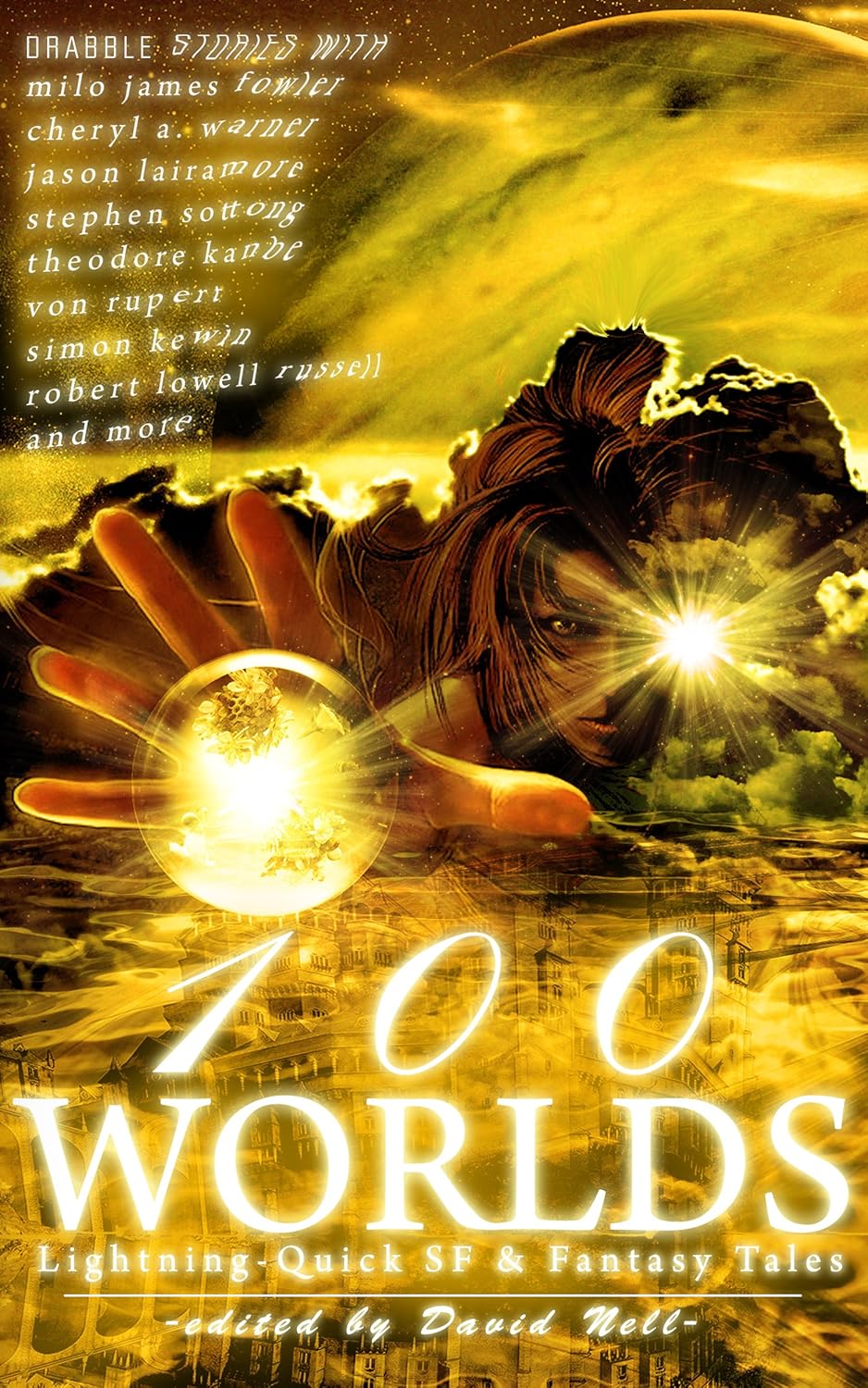You may think that the professional life of a freelance writer is free of any soul-wrenching moral dilemmas. After all, you think, surely these freelance writers choose what work they do? The clue’s in the name!
Well you’re right. Mainly.
A freelance writer can choose the work they do, although work that they might refuse to do when they’ve just finished their third lamb roast dinner that month might look much more appealing when they’ve just opened their cupboard to find only a solitary tin of Tesco’s Everyday Baked Beans.

(I’m in no way dissing Everyday Baked Beans; I buy them. I merely mention them for comparative purposes). But what might interest you is what freelancers get asked to do – regardless of whether they say yes or not.
Firstly there are the jobs that have ‘You’re going to be involved in a slander or libel case if you take this’ written all over them. For a sample of these fine professional work opportunities, sign up to Freelancer.com for a month of so and you’ll soon have a selection to study. Nearly all these spring from the USA (sorry, it’s a fact). Often written by someone who is borderline literate, they usually tell a tale of woe, often involving a family member, and ask that you write their ‘true’ story so that they can get justice via memoir publication /going to the national papers/taking the ‘guilty’ party (often a daughter, son, ex-partner, ex-boss) to court.
I only look at these because many are just entitled as ‘need ghostwriter for my memoir’ (or ‘ghostwritter for my trew storey‘). Any writer who wades in and writes a ‘true’ account of such emotive and controversial topics with only one side of the story available to them, must surely have a death wish or be desperate for money. Probably both.

The second category of avoid-like-the-plague jobs is perhaps best explained with a real life example – in which the names have been changed to protect the not-so-innocent (depending on your moral standpoint). Recently I came across an opportunity to write a ‘professional literature essay’. Being the proud owner of a first class BA Hons in this area, I took a closer look. The fee offered was $30 and this was the description:
Num. of words: 1250
Topic: Hansel and Gretel
Tone: Instructional/Educational
Extensive research needed: yes
Ideal! One of my specialist subjects had been children’s literature, and fairy tales had been a major topic. I could do this with my eyes closed! However, a little wary already due to the use of the word ‘essay’, I sent as message:
Hi X, Could you tell me what the context, title and purpose of this essay is please? Many thanks.
X replied:
Mrs. Alison, (??)
We studied how to create an arguable claim and write specifically and persuasively about literature. For this paper, you need to draw on the work, finding themes and morals in the Hansel and Gretel’s story to create an argument about a fairy tale and to prove it using the story itself. Is it clear?
Thanks, X
Oh yes, X. It’s crystal clear. You’ve uttered that fatal phrase ‘We studied’. You want me to do your homework – possibly your final assessment piece; it’s probably for an A level at the very least, and far more likely with this topic to be for a uni diploma or degree.
____________________________________________________
See that line? That’s where I draw it, you see. I’ve managed to get my GCSEs, A levels, Pharmaceutical Science qualification, various Education qualifications, a uni Diploma and a BA Hons, often in circumstances far from ideal – and many of them were gained while holding down a job and looking after two children. Blatant requests from Great Big Cheats asking me to help them Cheat Cheat Cheat make me see red. However, I felt my response explained my point but was civil – nay, t’was politeness itself.
Dear X,
Thanks for your reply. I’m afraid that having worked so hard for my own qualifications, I make it a rule not to do work for other people’s, as I believe this devalues the work of people who achieve their qualifications through their own efforts. Therefore I won’t be putting in a proposal. Many thanks, Alison
There. I’d said my piece, bowed out gracefully without personally attacking X. The end.
Wrong! I got a reply – most definitely personal, and most definitely not polite!
Hi Alison
I assure you that almost every other people I see around (including me) works so hard for their own qualifications. In order to make money, you must do work for orther people’s. Contrary to your argument about devaluing, I think this improves the value of people who achieve their “qualifications” through their own efforts. Your mind of thinking won’t make you more valuable in the long run, and no one needs your advice on how to write stuff as every sort of information is available online for free of charge! If you are part of this community, and want to make money, you must use your qualifications and give people what they need. Your job is not to tell people what kind of principles you have, and believe me noone cares about it.
Regards, X
I confess I nearly had a urine-based accident when this popped into my inbox. But it confused me on several points.
- If people who obviously can’t achieve qualifications by themselves get other people who can do the work, and do know their stuff, to do their work for them – and end up with a certificate that looks just like the one owned by us poor saps who slog away for years – how can this possibly ‘improve the value’ of the people who ‘achieve their “qualifications” through their own efforts’?
- If ‘no one needs [my] advice on how to write stuff as every sort of information is available online for free of charge!’ – why do other people do it so often, and why was X asking for someone to write his essay? X could just have looked it up. Simples!
Anyway, this concludes this post because as you can see above, ‘[my] job is not to tell people what kind of principles [I] have, and… noone cares about it’. So I won’t.

 The one that was lurking in the back of my mind was the lovely Nautilus shell, probably from my evolution-studying days.
The one that was lurking in the back of my mind was the lovely Nautilus shell, probably from my evolution-studying days.

 This is a logarithmic spiral, but also a part of a Mandelbrot set. Don’t know what one of those is? Nor did I…
This is a logarithmic spiral, but also a part of a Mandelbrot set. Don’t know what one of those is? Nor did I…  Well I hope not.
Well I hope not.
